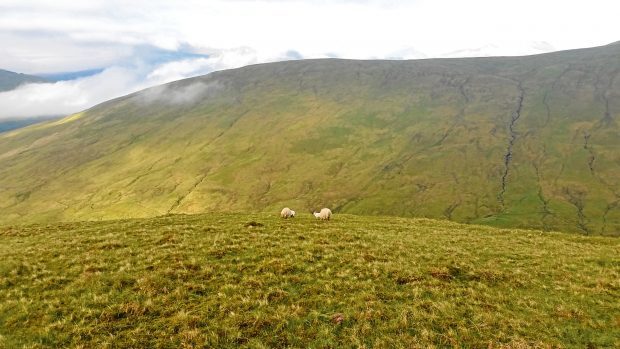When I took on this job I never imagined I would be saying that here at Crianlarich we are at the cutting-edge of the global Internet of Things.
We are particularly interested in being able to track our livestock no matter where they are on the farms, but although the use of GPS is now commonplace in many lowland and marine situations it is not ideal in mountainous environments.
For one thing, it is not possible to get connection to a sufficient number of satellites in order to obtain a precise location fix. And any sensor fitted to an animal rapidly uses up battery power when connecting regularly to satellites – resulting in a battery life of days or weeks.
LoRaWAN, or LoRa for short, is a long range, low power communications platform which is now being rolled out in cities worldwide. Providing a range of around five miles in urban, up to eight miles in suburban and over 10 miles in rural areas, LoRa is ideal for the deployment of sensors and battery-powered devices where small amounts of data need to be transmitted regularly.
As part of an ongoing Innovate UK project focused on tracking livestock, we have established a LoRa network which covers the majority of the 4,940 acres of the farms. This is the first LoRa network covering a remote, rural location in the UK and it ranges from an altitude of 170-1,000m.
There are already a range of LoRa-enabled sensors available for agricultural use such as soil measurement devices and fluid level sensors.
In addition to the development of livestock tracking technology, we are also looking to work with colleagues in CENSIS (the industry-led Innovation Centre for Sensor and Imaging Systems) and others to explore the performance and robustness of a variety of existing and new LoRa-enabled sensors. The cheapness and robustness of establishing a LoRa network combined with the fact more and more LoRa-enabled sensors are becoming available will, I believe, be a game-changer for agricultural and environmental data collection in remote locations. The use of emerging technologies will be important in ensuring a future for hill farming going forward.
Davy McCracken is head of SRUC’s hill and mountain research centre at Kirkton and Auchtertyre Farms
